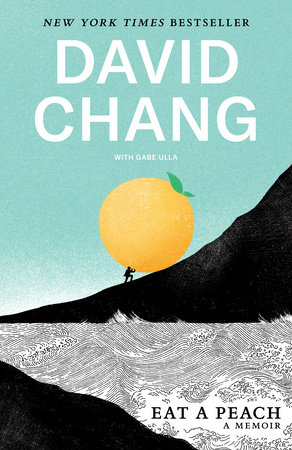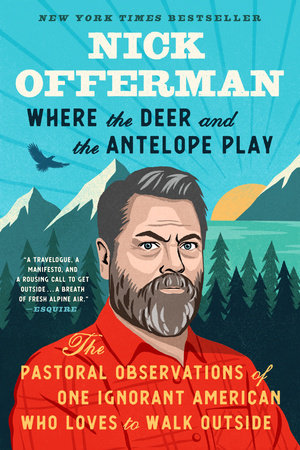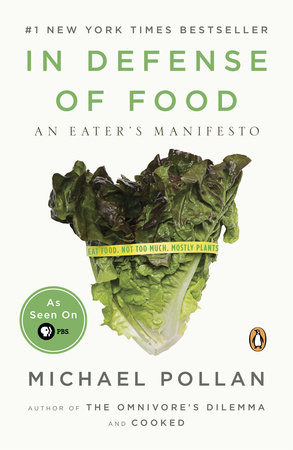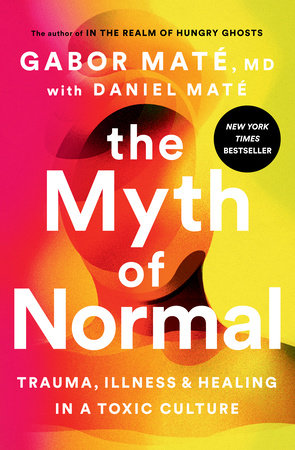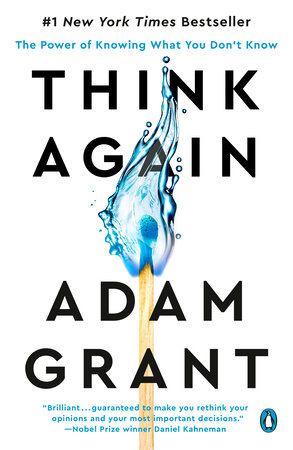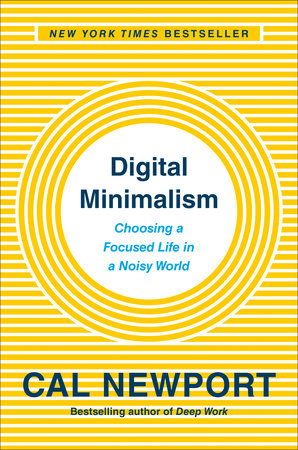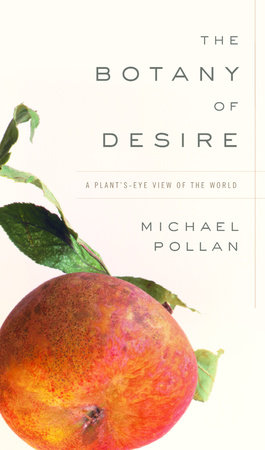

The Botany of Desire
By Michael Pollan On Tour
By Michael Pollan On Tour
By Michael Pollan On TourRead by Michael Pollan On Tour

-
Published on Jun 12, 2001 | 304 Pages



Published on Jun 12, 2001 | 304 Pages
Author
Michael Pollan
Michael Pollan is the author of ten books, including This Is Your Mind on Plants, How to Change Your Mind, Cooked, Food Rules, In Defense of Food, The Omnivore’s Dilemma, and The Botany of Desire, all of which were New York Times bestsellers. He is also the author of the audiobook Caffeine. A Guggenheim and Radcliffe Fellow, Pollan has taught writing at the University of California, Berkeley, and at Harvard University. In 2010, Time named him one of the one hundred most influential people in the world.www.michaelpollan.com
Learn More about Michael Pollan
